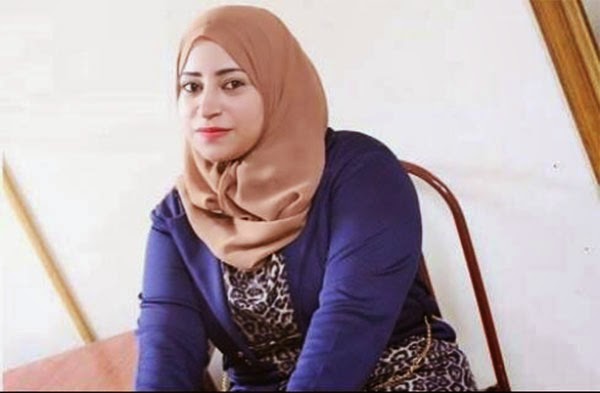Al Jazeera
Sisi mocked in Egypt internet campaign
Opponents of Abdel Fattah al-Sisi have launched an internet campaign against his bid to become the Egyptian president, leading to calls from the pro-Sisi camp for a ban on social media.
The Twitter hashtag, roughly translated from Arabic as "Vote for the Pimp", is being used on Facebook and Twitter in several languages to mock Sisi's announced plans to run in the presidential poll in April.
According to the tracking website, Keyhole, the hashtag achieved more than 100 million impressions within days of creation, and generated tens of thousands of messages on Twitter. Keyhole states that 23 percent of the hashtag's impressions came from outside Egypt.
"The power cuts four times a day, therefore #vote_for_the_pimp," read one of the tweets.
The word "pimp" is extremely offensive in Egyptian culture, but its use also mockingly references the North American meaning: showy, impressive, the boss of a gang.
It comes in response to pro-Sisi hashtags over the past months, including "I will vote for Sisi" and "Complete your good deed", reflecting the general's soaring popularity among many Egyptians.
The use of the phrase has also broken beyond the realms of the internet: Footage taken by activists during Friday rallies in Egypt shows protesters chanting "Vote for the pimp, a president for Egypt."
Graffiti has also appeared in Egypt carrying the phrase.
But calls were made by several talk-show hosts condemned the campaign.
Khairy Ramadan, a CBC TV host, said it was a "character assassination ... supported by the terrorist Muslim Brotherhood", and called for Twitter to be blocked.
Emad Adeeb, another host, said Egypt should follow the example of Turkey, whose prime minister, Recep Tayyip Erdogan, blocked Twitter and the video sharing website, Youtube, after leaks of sensitive information.
“Erdogan has shut down Twitter altogether simply because they described him a thief,” he said.
The presidential election will come almost 10 months after Sisi, as defence minister and army commander, led military efforts to remove from power the country's first elected civilian president, Mohamed Morsi.
*Photo of Sisi propaganda memorabilia courtesy of REUTERS
Sisi mocked in Egypt internet campaign
Presidential hopeful subject of sarcastic "vote for the pimp" movement on social media, leading to calls for a ban.
March 30, 2014Opponents of Abdel Fattah al-Sisi have launched an internet campaign against his bid to become the Egyptian president, leading to calls from the pro-Sisi camp for a ban on social media.
The Twitter hashtag, roughly translated from Arabic as "Vote for the Pimp", is being used on Facebook and Twitter in several languages to mock Sisi's announced plans to run in the presidential poll in April.
According to the tracking website, Keyhole, the hashtag achieved more than 100 million impressions within days of creation, and generated tens of thousands of messages on Twitter. Keyhole states that 23 percent of the hashtag's impressions came from outside Egypt.
"The power cuts four times a day, therefore #vote_for_the_pimp," read one of the tweets.
The word "pimp" is extremely offensive in Egyptian culture, but its use also mockingly references the North American meaning: showy, impressive, the boss of a gang.
It comes in response to pro-Sisi hashtags over the past months, including "I will vote for Sisi" and "Complete your good deed", reflecting the general's soaring popularity among many Egyptians.
The use of the phrase has also broken beyond the realms of the internet: Footage taken by activists during Friday rallies in Egypt shows protesters chanting "Vote for the pimp, a president for Egypt."
Graffiti has also appeared in Egypt carrying the phrase.
But calls were made by several talk-show hosts condemned the campaign.
Khairy Ramadan, a CBC TV host, said it was a "character assassination ... supported by the terrorist Muslim Brotherhood", and called for Twitter to be blocked.
Emad Adeeb, another host, said Egypt should follow the example of Turkey, whose prime minister, Recep Tayyip Erdogan, blocked Twitter and the video sharing website, Youtube, after leaks of sensitive information.
“Erdogan has shut down Twitter altogether simply because they described him a thief,” he said.
The presidential election will come almost 10 months after Sisi, as defence minister and army commander, led military efforts to remove from power the country's first elected civilian president, Mohamed Morsi.
*Photo of Sisi propaganda memorabilia courtesy of REUTERS
























